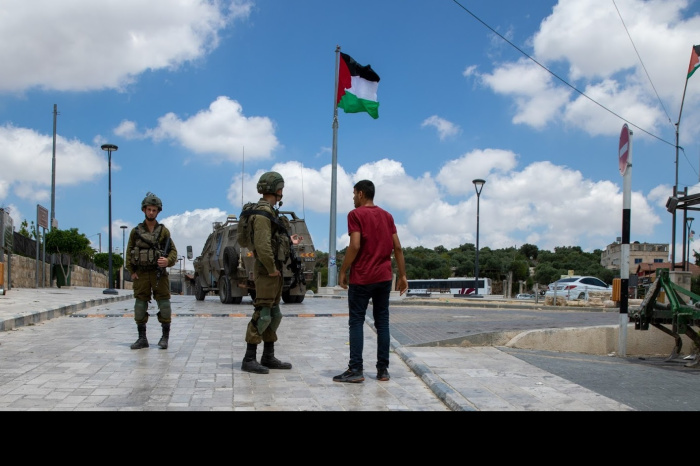
As the world celebrates World Tourism Day, the social and economic development of Palestinian tourism has been affected by two significant threats: the Covid-19 pandemic that prevented international tourism to Palestine for the past 18 months, compounded by the 73-year long Israeli military occupation, apartheid and settler-colonization. And an extensive Zionist narrative that marginalizes Palestinian voices and undermines their governance over their historical and archeological sites.
On the occasion of World Tourism Day, Al-Haq presents its latest Special Focus drawing attention to Israel-condoned incursions of Jewish-Israeli settlers into the Sebastia archeological site and related Israeli colonial projects as distressing impediments to furthering the development of Palestinian tourism.
With the global resumption of tourism following the implementation of more relaxed Covid-19 measures, promising socio-economic restoration and development, Palestinians still face thwarting Israeli practices in this regard. Therefore, it is more critical than ever to support the inclusion of Palestinian governance and narrative over their rich culture and history. Al-Haq subsequently calls on:
- Civil Society Organizations to adopt a critical stance against Israel-friendly tourism, especially the role it plays in the indirect and direct legitimization of Israel’s illegal annexation, apartheid and colonization of the West Bank, including Jerusalem;
- Tourism businesses should inform their customers on the status of the State of Palestine and conduct enhanced human rights due diligence in the pursuance of their risk analysis for business activities in the OPT;
- Touristic groups and individual tourists should refrain from engaging with any Israeli-led and/or financed tour company operating in the OPT, and favor Palestinian-led touristic initiatives that would contribute to an ‘inclusive growth’ of Palestinian tourism.
Historical and archeological landmarks and artefacts cannot be considered in a vacuum, and the Palestinian people has inherited thousands of years of history. Wiping out their narrative and ability to protect their cultural heritage amounts to an attempt to suppress their identity. Especially in the context of protracted occupation, apartheid and colonization, tourism reminds the world of the Palestinian people’s lasting connection to their lands as inseparable from their identity. It reminds the world that the Palestinian people own the land, and maintain their right of return to it.

